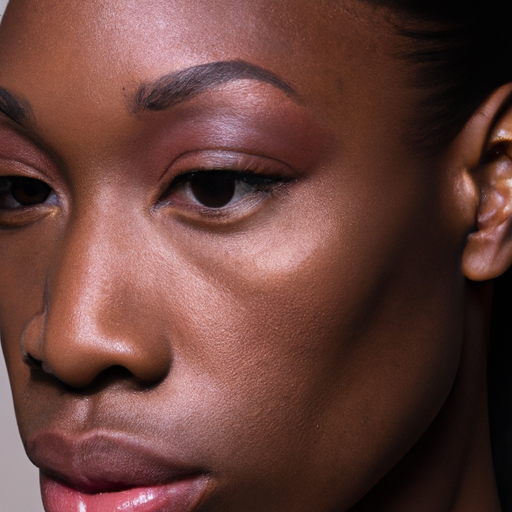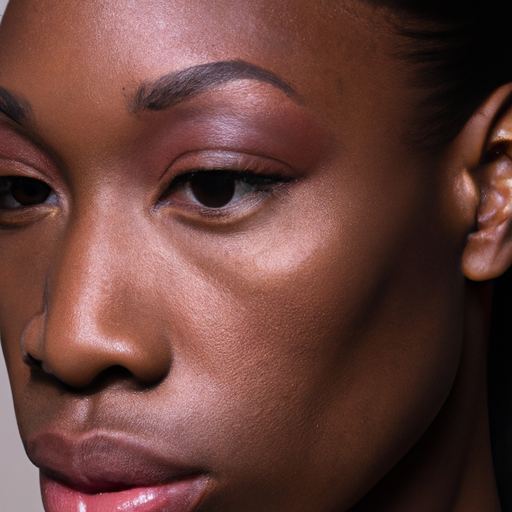As a doctor, I often get asked about the best time to moisturize the skin. Is it in the morning or at night? The answer is not as straightforward as one might think, as it depends on various factors such as your skin type, your daily routine, and the climate in which you live. However, understanding the science behind skin hydration can help you make an informed decision.
The primary function of a moisturizer is to attract and trap water in the skin. This helps to maintain the skin’s natural barrier, keeping it healthy and resilient. It also helps to smooth and soften the skin, making it look more youthful and radiant.
Now, let’s decode the best time to moisturize.
Morning moisturizing serves as a protective barrier for your skin against environmental pollutants, makeup, and sun exposure. It also helps to keep your skin hydrated throughout the day. If you live in a dry or cold climate, or if your skin tends to be dry, applying a moisturizer in the morning can be beneficial.
Moreover, many morning moisturizers contain ingredients like antioxidants and SPF that protect your skin from harmful UV rays and free radicals. These ingredients not only hydrate your skin but also prevent premature aging and skin damage. Therefore, if you spend a lot of time outdoors during the day, a morning moisturizing routine can be particularly beneficial.
On the other hand, nighttime is when our body, including our skin, goes into repair mode. While we sleep, our body works to repair the damage caused by stress, sun exposure, and pollution. This makes nighttime an ideal time to apply a moisturizer because it can aid in this natural repair process.
Nighttime moisturizers often contain ingredients like retinol, peptides, and hyaluronic acid that promote skin regeneration and repair. These ingredients work best when they are given a chance to penetrate the skin over a long period, like during sleep.
Moreover, the skin’s permeability is higher at night than during the day, meaning it’s more receptive to absorbing the ingredients in your skincare products. Therefore, if you have mature or damaged skin, or if you live in a hot and humid climate where your skin might feel oily during the day, a nighttime moisturizing routine might be more suitable for you.
In conclusion, both morning and night are good times to moisturize. The best time for you depends on your individual skin needs and lifestyle. If your skin is dry or if you spend a lot of time outdoors, consider moisturizing in the morning. If your skin is mature or damaged, or if you live in a hot and humid climate, consider moisturizing at night.
However, for optimal skin health, I usually recommend moisturizing both in the morning and at night. This ensures that your skin stays hydrated and protected throughout the day and gets the repair and regeneration it needs at night. Remember, consistency is key when it comes to skincare. So, choose a routine that works for you and stick to it. And of course, always choose a moisturizer that is suitable for your skin type and contains high-quality ingredients.




